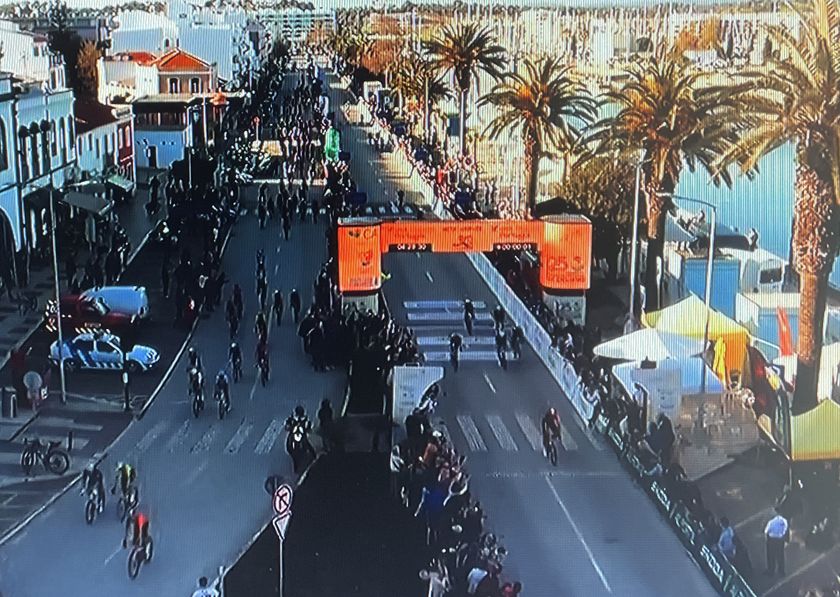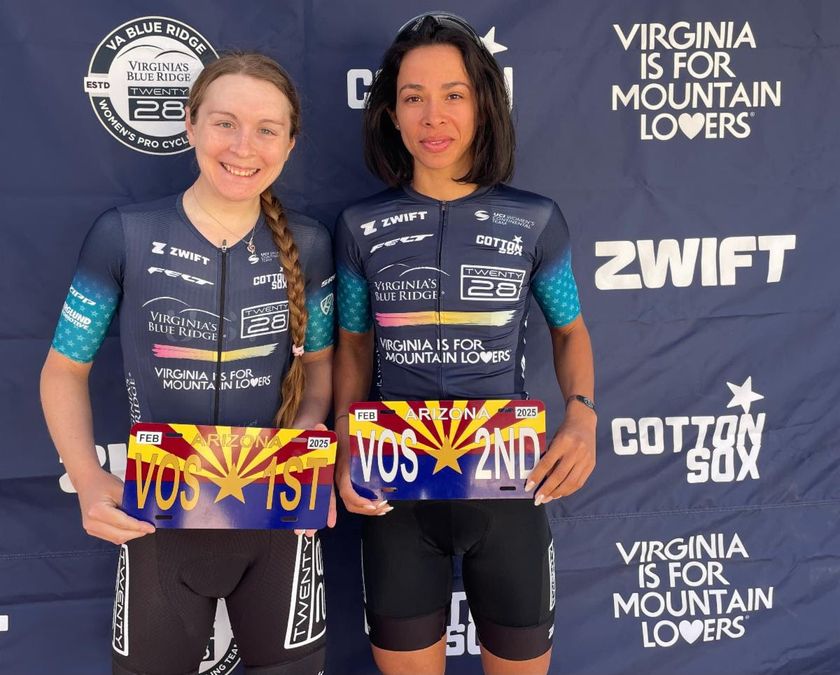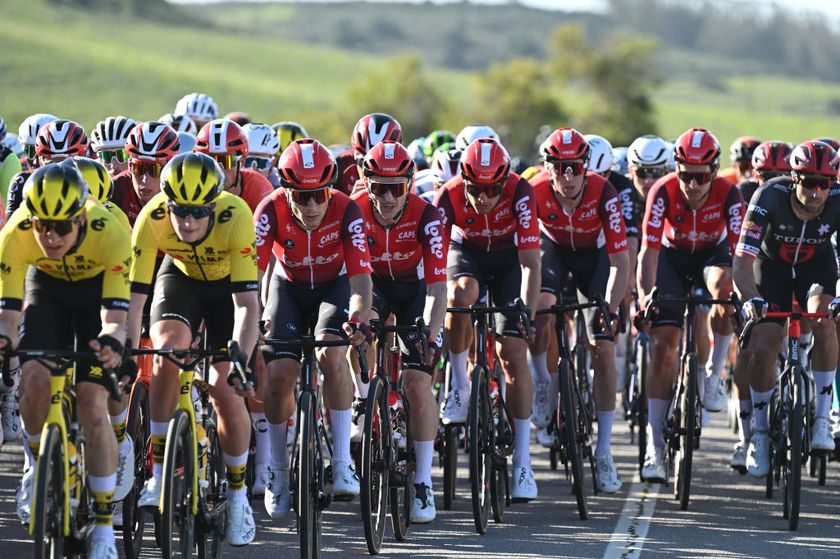Bartko the track specialist
Robert Bartko won two Olympic gold medals in the 2000 Sydney Games. Eight years down the road, he is...



An interview with Robert Bartko, December 7, 2008
Robert Bartko won two Olympic gold medals in the 2000 Sydney Games. Eight years down the road, he is still a force to be reckoned with at various track events. He hopes to qualify for the UCI Track World Championships in the pursuit. During a racing break at the Gent Six Days he told Cyclingnews' Bjorn Haake about his plan to achieve this goal.
Racing on the Gent, Belgium, track provided Bartko with a unique hometown advantage. The German has been racing with local resident Iljo Keisse for the past two years. "Of course, it is something special to ride with the 'local hero'. All the spectators are behind you," Bartko said.
However, riding with the local hero was a kind of double-edged sword. "Then, of course, there was the pressure from the spectators. That didn't make it easier." Overall, though, he found it nice to be racing with the extra cheers provided by the 7,000 fans that ventured to the old Gent track, called het Kuipke, every night.
The short, 166-metre track provided its own challenges for the 1.86-metre tall rider. "On a short track like this, for a tall and robust guy like me, it is difficult. The centrifugal forces in the corners, the short straightaways they do not not necessarily favour me."
But Bartko gets used to it. "I need the first night, and then I always manage well in Gent."
Bartko's competitors felt for him. Andreas Beikirch loves the short tracks, but acknowledged it is not so easy for others. "Racers like Robert Bartko have different difficulties there," yet Beikirch didn't only pity Bartko. "He is so strong, he can obviously compensate that with other means."
Get The Leadout Newsletter
The latest race content, interviews, features, reviews and expert buying guides, direct to your inbox!
Despite the difficulties on the short track, Bartko benefitted from plenty of experience. "As a 14-year-old, I rode in Berlin which was also a short track with tight corners, so I learned that from a young age, how to deal with a tight track." His win in Munich against the heavily favoured pair of Erik Zabel and Leif Lampater confirmed his conclusion. "The longer tracks suit me better."
With a little help from his friends
A good partner is an important ingredient to a successful Six Day duo. Bartko has been paired with Keisse after the latter lost his partner. "I am teaming up with Iljo by chance. Iljo lost his permanent partner two years ago because of an accident. Matthew Gilmore had to stop riding and end his career." Bartko was single at the time, in a strictly sporting sense.
The two paired up for Zürich in 2006, which happened to be a special event. "It was the first time that the race was held again." The Zürich stadium had been renovated, starting in 2001. The famous old wooden track was removed and the new track was to the duo's liking. They finished in second place and have not looked back since. "We harmonise very well together, and we get along very well." They also race similar tactically, which makes teamwork easier.
Asked if the tactic is to just always ride off the front, Bartko laughed. "That's the easiest if you can do it like that. But, of course, that isn't always possible."
The pair had a good start to the season and Bartko was hoping to win more races. "You have to take advantage as long as you can." Bartko was realistic, however, about keeping the good form up for the whole season. "There will be other times, no doubt. It is always up and down in sports. Now we are enjoying that things are going very well for us."
Communicating during the races
A German and a Belgian racing together may make for some interesting communication challenges, but Bartko said they have no problem, thanks to their chosen language. "We speak 'Flenglish' it is quite a mix. We talk a little Flemish, a little German and a little English." This sets it well apart from the derny races. "You can't talk to the pacemaker, it is too loud. There are only two commands. For faster it is allez and for slower it is ho. But even that is difficult to understand for the pacemakers sometimes.
Bartko found his own way of communicating with the referees during the race, though. In the fourth night, there was a problem in the team elimination race. Keisse was clearly last going over the line, but no one was announced as having to leave the race. Keisse kept going, while Alexander Aeschbach went off the track. The Swiss rider clearly thought he went over the line in last spot. His partner Bruno Risi thought otherwise and was urged Aeschbach on to give him a handsling. The board eventually showed that Keisse/Bartko were out.
As Bartko pedaled through the start/finish area, he jokingly offered his glasses to the jury. They took the joke well. "They later offered me their glasses. There is also an element of fun and show in the Six Day races." Bartko certainly knew that it was tough for the referees to always get it right in a split-second, with no finish line camera.
With the Gent Six Days over, it is back to the UCI events for Bartko. "I will prepare the World Cup in Cali, Colombia [December 11-13 - ed.]. I will ride the individual pursuit and hopefully get as many points as necessary to qualify for the World Championships [March 25-29 in Poland - ed.]." Sadly for Bartko, his plan has been altered by sickness.
It is back to the circus after the holidays. "Then in the New Year there are four more Six Days with Rotterdam, Bremen, Berlin and Copenhagen. That is where I want to confirm the good performances of the earlier part of the season."

'It is a joke' - disappointment, anger and calls for responsibility sear through Volta ao Algarve peloton after stage 1 finish chaos

Emily Ehrlich sets record with fourth consecutive GC win at Valley of the Sun Stage Race in Arizona

Volta ao Algarve organisers take full responsibility for errors that led to peloton going off course and stage cancellation
Most Popular


